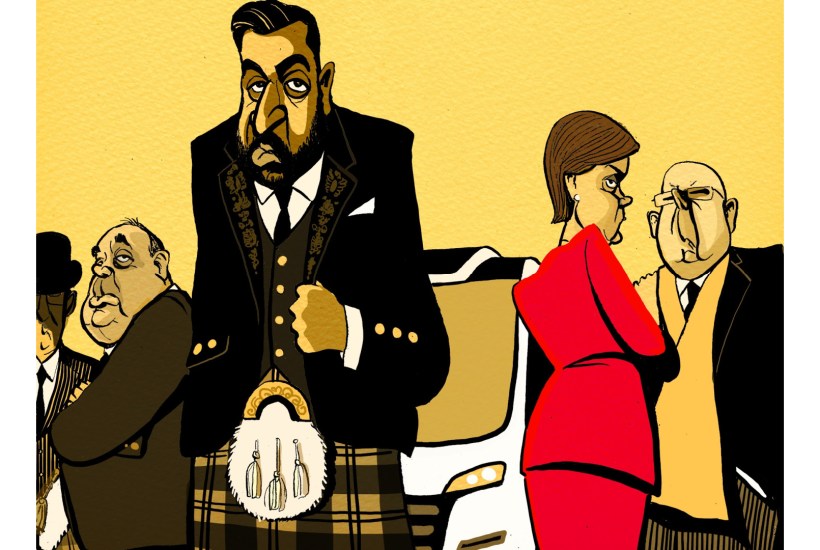Scot free
Sir: In last week’s piece on the SNP, Fraser Nelson was critical of the Covid scenario in which ‘civil servants were enlisted in the SNP secret state’ (‘The Covid clan’, 27 January). Fraser makes comparisons with Whitehall but fails to ask the obvious question: is the Scottish model preferable, where the civil service and state media join a ‘mafia’ run by elected politicians? Or is Westminster governance since 2010 better, where the elected government pontificates and the civil service, quangocracy and state media continue to do what they like?
Now Nicola Sturgeon has time on her hands, perhaps she can...
Already a subscriber? Log in
Subscribe for just $2 a week
Try a month of The Spectator Australia absolutely free and without commitment. Not only that but – if you choose to continue – you’ll pay just $2 a week for your first year.
- Unlimited access to spectator.com.au and app
- The weekly edition on the Spectator Australia app
- Spectator podcasts and newsletters
- Full access to spectator.co.uk
Unlock this article
You might disagree with half of it, but you’ll enjoy reading all of it. Try your first month for free, then just $2 a week for the remainder of your first year.








Comments
Don't miss out
Join the conversation with other Spectator Australia readers. Subscribe to leave a comment.
SUBSCRIBEAlready a subscriber? Log in